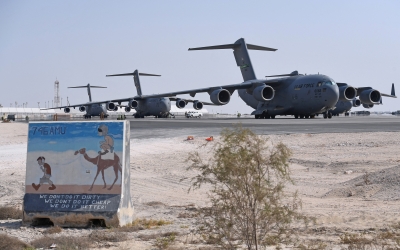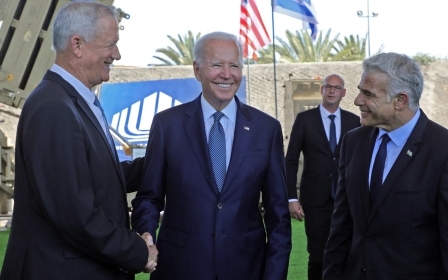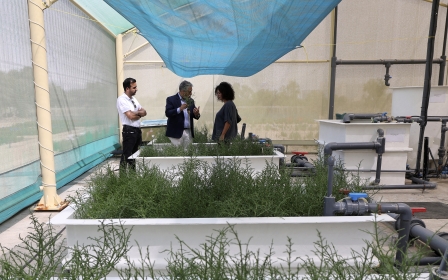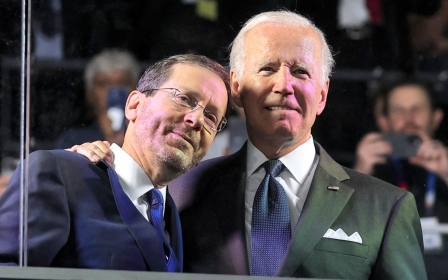UAE considers return of ambassador to Iran amid regional tensions
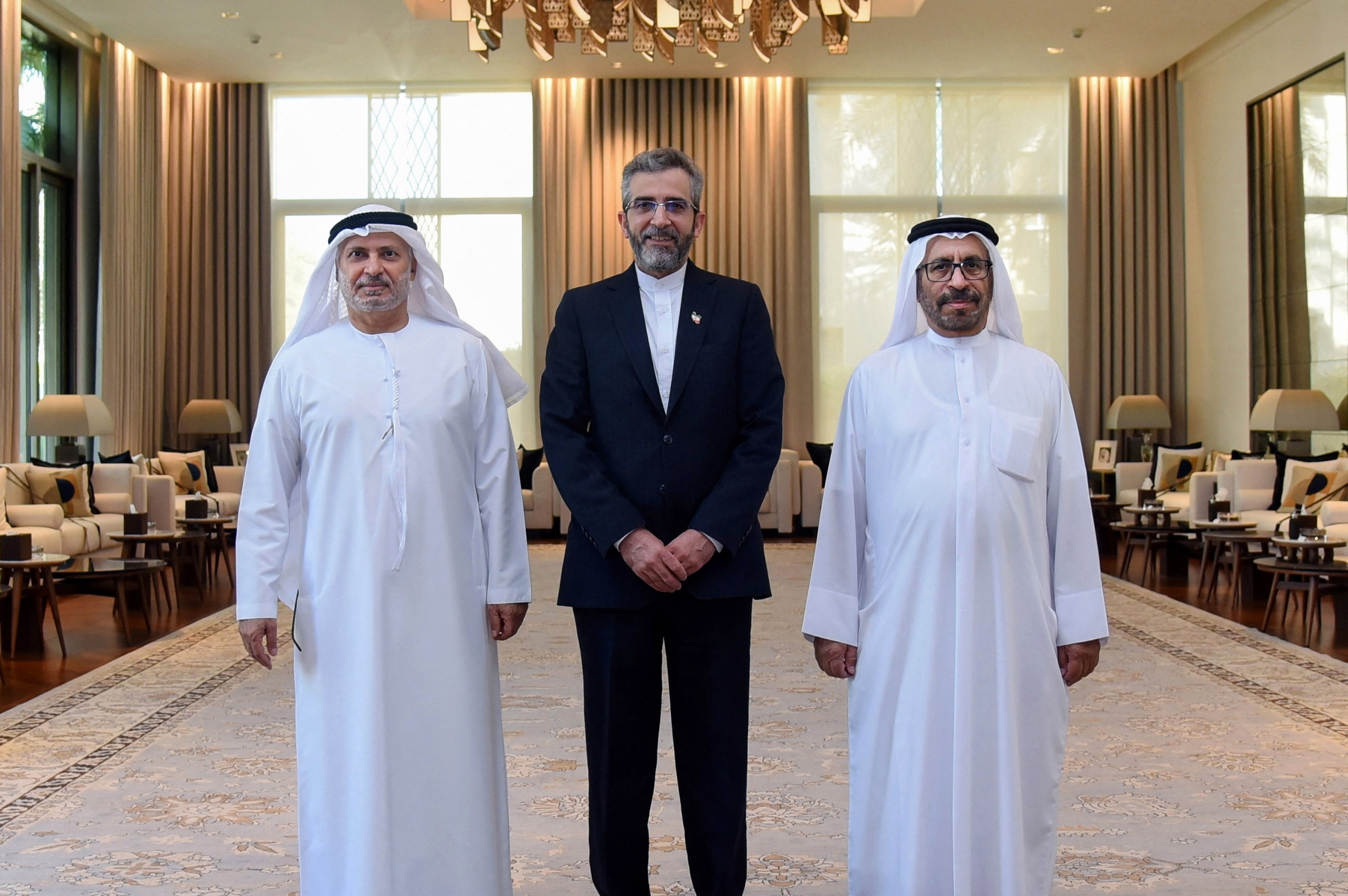
The United Arab Emirates is considering sending an ambassador to Iran, as it looks to distance itself from the potential for escalation with the Islamic Republic.
"We are now indeed considering sending an ambassador to Iran," UAE presidential adviser Anwar Gargash said during a video call with journalists on Friday. "The next decade cannot be like the last decade. It's a decade where 'de-escalation' should be the key word.”
Gargash’s comments come a day after US President Joe Biden and Israeli Prime Minister Yair Lapid pledged to deny Iran nuclear weapons.
In an interview with Israeli media on Thursday, Biden said he would use force as a "last resort" to prevent Iran from obtaining a nuclear weapon.
The UAE has sought to balance its budding relationship with Israel and concerns about provoking Iran. The countries are regional rivals in the war in Yemen and a cross-border drone attack by Iran-aligned Houthi rebels killed three oil workers in Abu Dhabi in January.
Stay informed with MEE's newsletters
Sign up to get the latest alerts, insights and analysis, starting with Turkey Unpacked
Another source of rivalry has been the UAE's claim to the Iran-controlled Abu Musa and the Greater and Lesser Tunb islands in the Gulf.
Yet Abu Dhabi and Tehran have historically had a less acrimonious relationship than that of its larger neighbour, Saudi Arabia, which is currently in Iraqi-brokered talks with Iran to defuse tensions.
Riyadh and Tehran have had no diplomatic ties for six years, since Iranian protesters attacked Saudi diplomatic missions in Iran after the kingdom executed Shia cleric Nimr al-Nimr.
Riyadh responded by cutting relations with Tehran, while the UAE reduced its ties to the Islamic republic without severing relations.
"The UAE is not part of any axis against Iran," Gargash said, urging "economic cooperation in various areas in order to create a greater political de-escalation".
The US is trying to bring the UAE, along with other regional countries, into closer military and security alignment with Israel - with an eye toward countering Iran. Middle East Eye revealed earlier this month the stationing of Israeli military officials in Qatar as part of US Central Command, while the US has also sought to integrate partners' missile defences.
But those moves are testing how far Arab capitals are willing to go in working with Israel.
When asked about rumours of a military alliance between Israel and Arab countries, Gargash said the idea of a Middle East Nato was a "theoretical" concept.
"We are open to cooperation, but not cooperation targeting any other country in the region and I specifically mention Iran," he said. "The UAE is not going to be a party to any group of countries that sees confrontation as a direction, but we do have serious issues with Iran with its regional politics."
Middle East Eye delivers independent and unrivalled coverage and analysis of the Middle East, North Africa and beyond. To learn more about republishing this content and the associated fees, please fill out this form. More about MEE can be found here.


